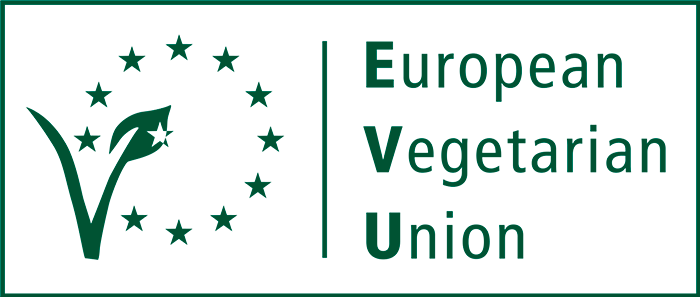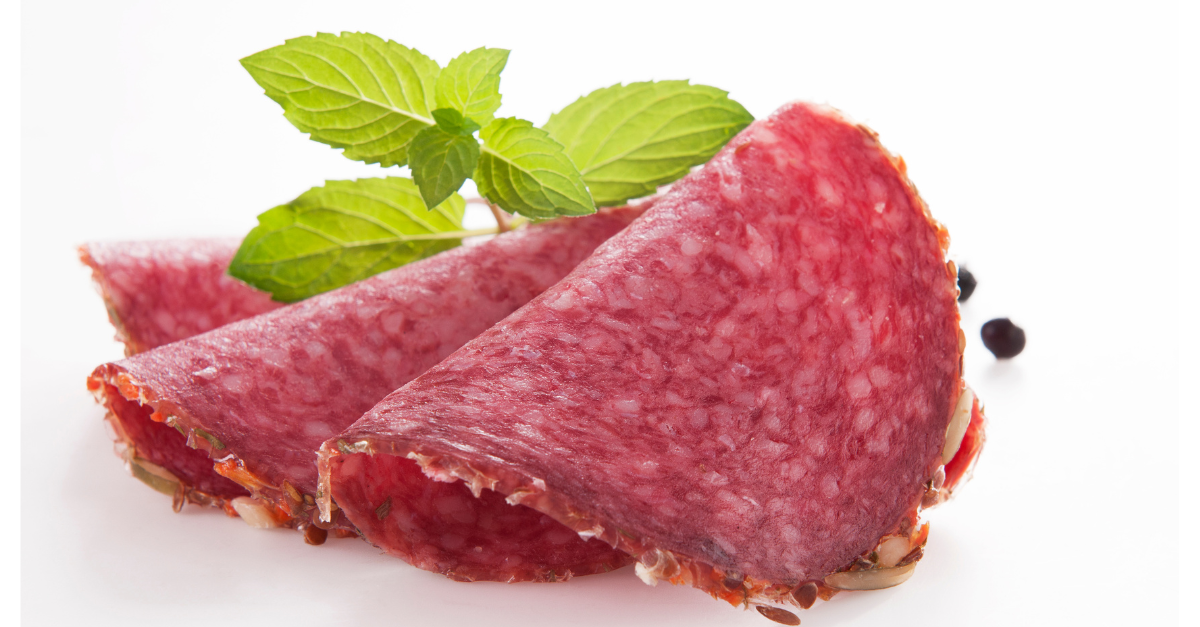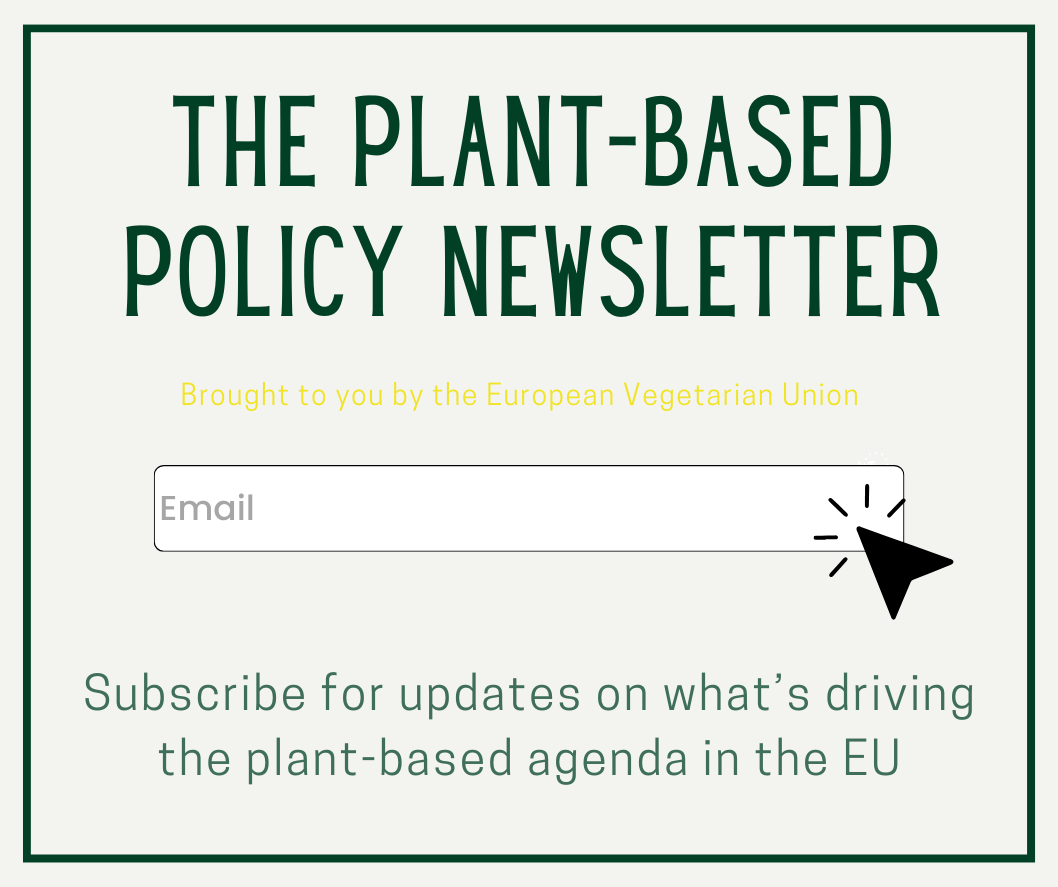The European Vegetarian Union (EVU) is closely monitoring the recent developments in Italy, where the lower house of parliament has passed a law banning the use of cultivated meat products and the marketing of plant-based products using meat-related names such as “steak” and “salami”. This controversial move raises concerns about potential violations of EU law, market fragmentation, consumer transparency and the stifling of innovation.
The EVU draws attention to the ongoing case in France, where a decree prohibiting the use of “meaty” denominations for plant-based foods is under scrutiny. The French Conseil d’Etat has transferred parts of the case to the European Court of Justice (ECJ), seeking clarification on whether member states can introduce additional laws on food labelling and if these laws align with EU-level harmonisation.
Drawing parallels between the Italian and French cases, the EVU urges caution in implementing laws that may hinder innovation, create market fragmentation, and potentially lead to economic consequences. It moreover demonstrates governments moving in the wrong direction when it comes to finding solutions to the climate emergency we face. Moving towards plant-based diets is one of the most impactful ways to reduce our carbon footprint, and ensuring consumers have easy access to plant-based alternatives is part of that drive to more sustainable choices. The argument that pits tradition versus innovation also fails to recognise the constantly shifting nature of our culinary heritage. Plant-based foods can indeed continue to respect the traditions of Italian cuisine, while also adapting to the needs of our planet and market developments.
Furthermore, the EVU highlights the risk of misinformation surrounding alternative proteins and decries the exclusion of key stakeholders from important discussions – for example, Italy had notified the draft law to the European Commission via the TRIS procedure (, a necessary step for the Commission, Member States, and stakeholders to voice their concerns regarding such a law), but then withdrawn the notification again shortly after. Ensuring accurate information and informed decision-making, especially in a rapidly evolving food landscape is crucial.
As the European Union faces various environmental challenges, the EVU calls for prudence and adherence to EU law, and anticipates that the outcome of the ECJ’s clarification in the French case will undoubtedly shape the future landscape of food labelling regulations in Italy and across the EU.


